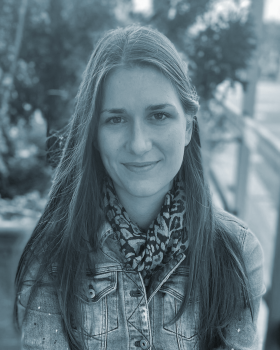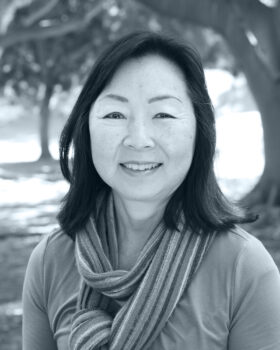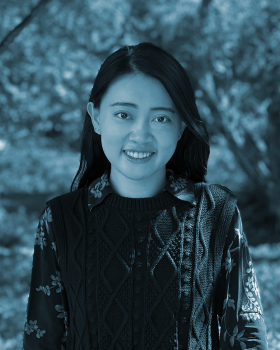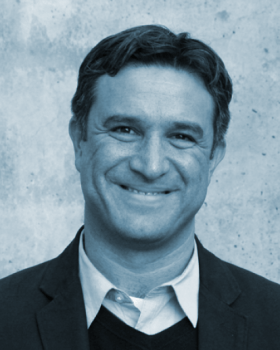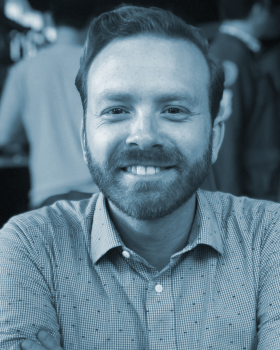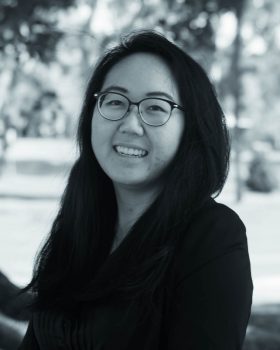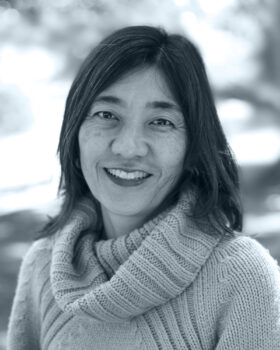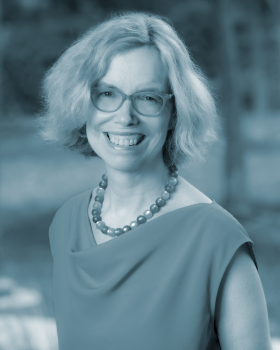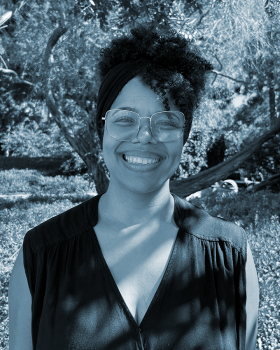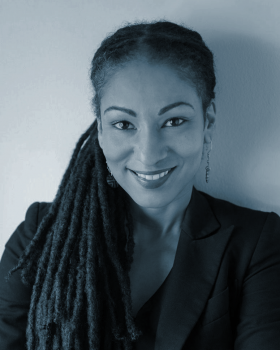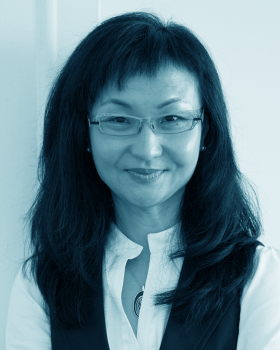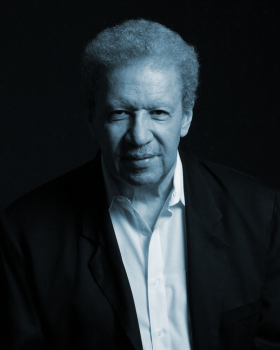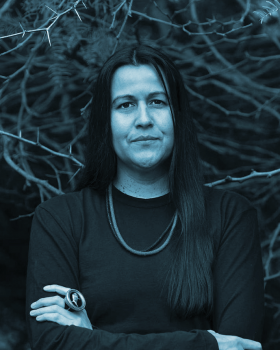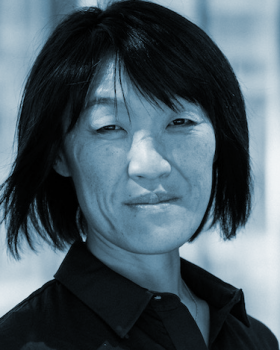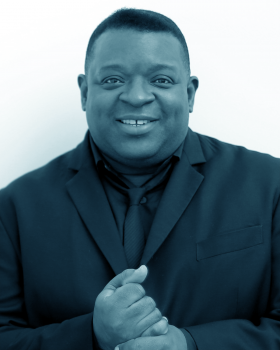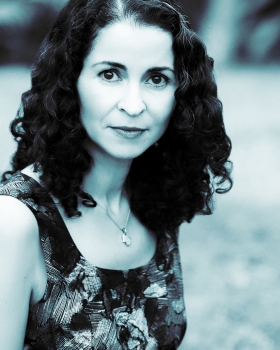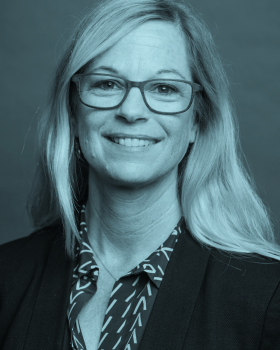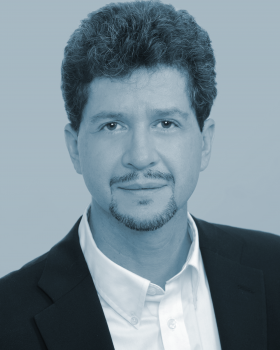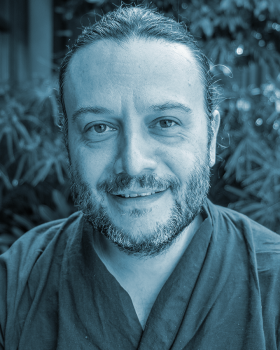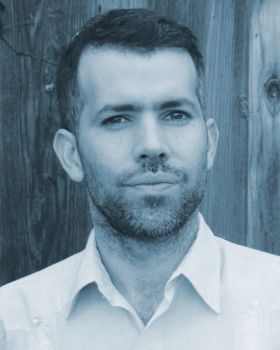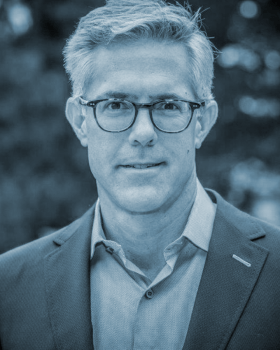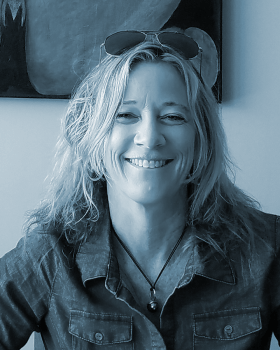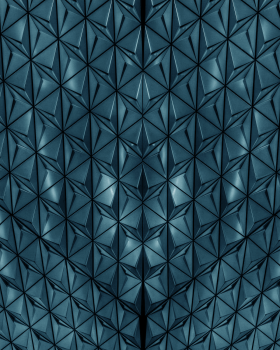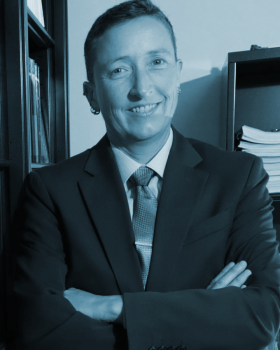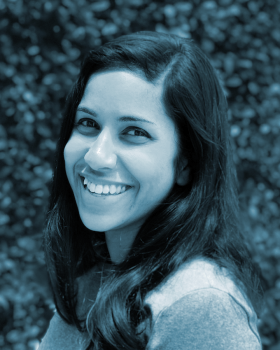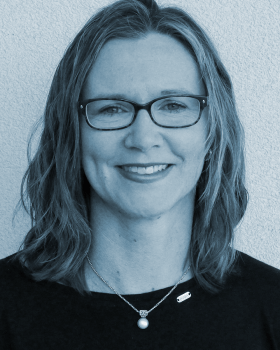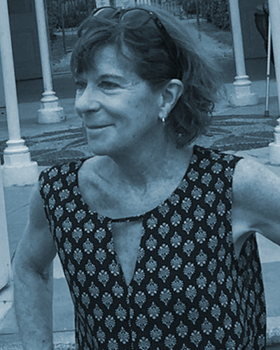About
The University of California Humanities Research Institute facilitates experimental, interdisciplinary humanities scholarship through partnerships, research initiatives, and competitive grants.
About
The University of California Humanities Research Institute facilitates experimental, interdisciplinary humanities scholarship through partnerships, research initiatives, and competitive grants.
UCHRI was founded by UC President David Gardner in 1987 as a centerpiece of the University of California’s system-wide investment in humanities research. Over the past three decades UCHRI has promoted innovation and leadership in the practice and sharing of collaborative humanistic research across all 10 UC campuses, nationally, and globally.
Murray Krieger, the Institute’s founding director, established the residential research groups that continue to exemplify UCHRI’s commitment to collaborative interdisciplinarity. Then, as now, these engagements convened experts to produce scholarship on a variety of contemporary and historical topics transcending individual research interests. The success of this work inspired an expanded portfolio of competitive support, including working groups and workshops, conferences and seminars, public and digital humanities projects, as well as other collaborative engagements across a vast range of topics.
UCHRI has also driven national and international partnerships and initiatives. In 1988, a spring conference at the Institute led to the founding of the Consortium of Humanities Centers and Institutes (CHCI). The Humanities, Arts, Science, and Technology Alliance and Collaboratory (HASTAC) also began with gatherings at UCHRI, expanding out as a partnership between UCHRI and Duke University in 2002. It remains a productive and popular academic social network. The Seminar on Experimental Critical Theory (SECT) began annually at UCHRI in 2004, holding its first international forum in China in 2009. And the UC Humanities Network, a collaboration between humanities centers and departments on all UC campuses, began in 2009.
Our continued work is made possible by a generous endowment from the Andrew W. Mellon Foundation as well as ongoing support from the University of California Office of the President and the University of California, Irvine.
In thinking differently, together, UCHRI encourages diverse perspectives and methodological approaches within the humanities and humanistic social sciences to foster innovative expressions of humanistic knowledge and expertise. An incubator for experimentation, UCHRI strives to (re)animate ideas that contribute to the comprehension of the worlds we inhabit: their histories, literatures, languages, and cultures. Creating and building upon collaborations across the University of California system and beyond, including global networks of scholars, UCHRI’s culture takes seriously the importance of play, and the unexpected possibilities that can come from undoings. Our interdisciplinary research methods, rich sources of experimentation and innovation, embody this ethos. Scholars collaborate in person and virtually through humanities studios, research residencies, mobile researcher networking events and graduate student seminars; we also support non-traditional postdoctoral fellowships and a variety of public partnerships.
Human states. We share bodies, minds, emotionality, modes of expression. Our hubris, however, has created conditions combining to threaten the common characteristics that bind us to one another. What is the portrait of human life within frames of unsettlement? How now to understand the non-human when human lives do not matter? How to understand “human” when the non-human can be programmed to think, feel, and express?
Planetary perspectives/partnerships. In a “post-factual,” “post-racist” world, planetary perspectives cultivate capacities for thinking and working across—cultures, identities, geographies, and histories. What partnerships and alliances are needed to better understand this moment? Is it possible to make the most of the mess “we” have made, even as collective clean-ups are planned? How might interdisciplinary humanist visions complicate or refine a Drone’s-Eye-View of the world?
Working futures. Are there futures that won’t work? What are work’s futures? Robots. The gig economy. Wage stagnation and wageless life. Demands to (re)design/deploy/configure workforces. Life is labor and labor life when workplaces, factories, and playgrounds collapse into each other. The future of work…we’re working on it.
The university we are about. There is renewed demand for humanities graduates in the workplace, but enrollments and funding for humanities continue to fall. Those trained in the humanities excel in writing, critical reasoning, and creative thinking, but this does more than make them better employees. Rather than defend the humanities, we make a case for social good without capitulating to the tyranny of the economic. We imagine the ability to think compellingly and comprehend deviantly as central to the mission of the university in an age of unstable relations.
The California condition. The golden state is perched on the edge of frontiers. Both powerhouse and incubator of extremes, California is testing ground for conservation and consumption, visions and ventures. Inhabited by populations, species, and ecologies caught in the throes of climate change, California is a condition of constant experimentation and disruption. Here, success and failure exist together as the American dream (deferred).
The connected academy for learning and research. A driving need to redevelop and reanimate critical literacies across broad publics to address the pressing civic issues of our digitally fueled times. The challenge: to inform wise judgment and well-informed public opinion in digitally-networked contexts. A learning platform and suite of blended learning courses to inform and enable productive political action and critical social practices on key social issues to counter the growing manipulations of truths and realities.
UCHRI contributes substantively to the UC Humanities Network (UCHN), comprised of UCHRI and the UC Humanities Center Consortium. UCHN is flexible and responsive to the needs of humanities research and humanities researchers. The Network leverages the collective and collaborative strengths of our ten campuses, while respecting each campus’s individual profile. UCHN situates the humanities at the crossroads of important disciplinary and interdisciplinary discussions and debates, while promoting knowledge, discovery, and modes of understanding crucial to California and its local and global communities. Informed by a strong vision of intellectual engagement and intellectual community, this collaboration contributes to the excellence and research mission of the University of California.
The President’s Advisory Committee on Research in the Humanities (PACRH), appointed by the UC systemwide Provost & Executive Vice President of Academic Affairs, functions as the Steering Committee of UCHRI. PACRH includes the deans of humanities or their equivalents from the ten campuses plus distinguished representatives from the Humanities Network and the faculty at large.
UCHRI By-Laws, revised and adopted January 24, 2024
Staff
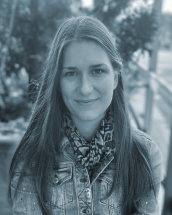
Sara Černe
Research Grants Program Director
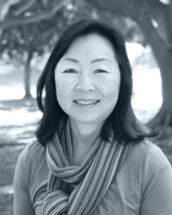
Yolanda Choo
Financial Analyst
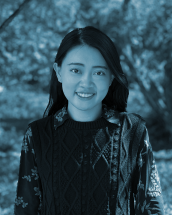
Lucy Fang
Graduate Student Researcher
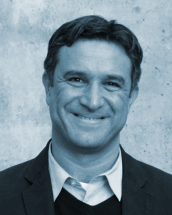
Jaimey Fisher
Director
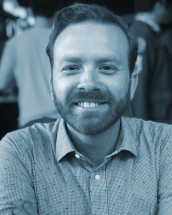
Matthew Hartman
Postdoctoral Scholar
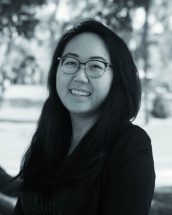
Diane Monchusap
Information Systems Analyst
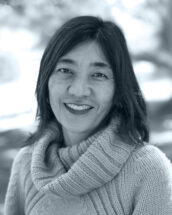
Suedine Nakano
Senior Administrative Officer
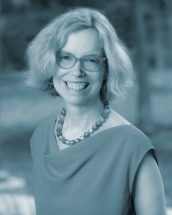
Julia Reinhard Lupton
WUICAN Lead
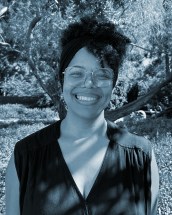
Brittany Turner
Program Manager
Board of Advisors
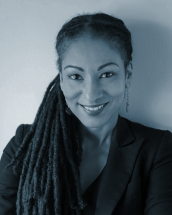
Ruha Benjamin
Princeton University
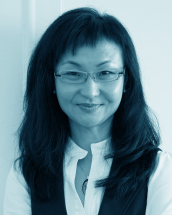
Wendy Chun
Simon Fraser University
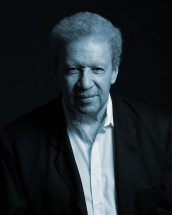
Anthony Davis
UC San Diego
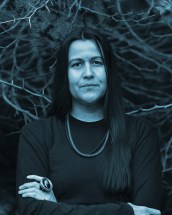
Natalie Diaz
Arizona State University
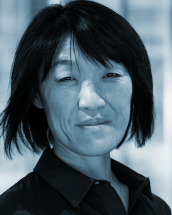
Nina Eidsheim
UC Los Angeles
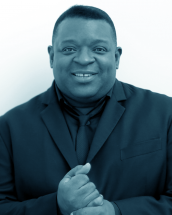
Isaac Julien
UC Santa Cruz
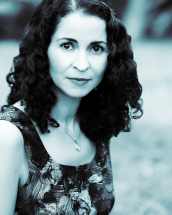
Laila Lalami
UC Riverside
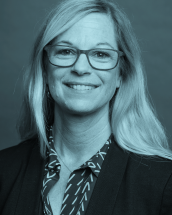
Lisa Parks
UC Santa Barbara

Andrés Reséndez
UC Davis
Grants Review Committee
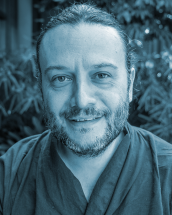
Mario Telò
UC Berkeley
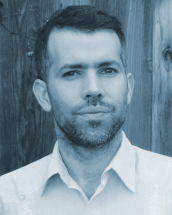
José Juan Pérez Meléndez
UC Davis
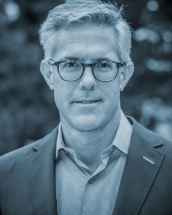
Casey Perin
UC Irvine
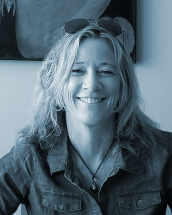
Elizabeth DeLoughrey
UC Los Angeles
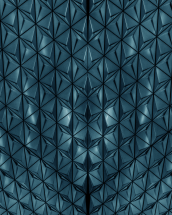
Christina Baker
UC Merced

Melissa Wilcox
UC Riverside

Gloria E. Chacón
UC San Diego
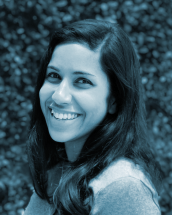
Somalee Banerjee
UC San Francisco
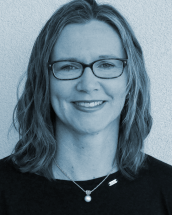
Sara Pankenier Weld
UC Santa Barbara
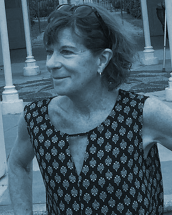
Susan Gillman
UC Santa Cruz

Visit
Humanities
Gateway
Partners
Supporters
Media Kit
If you have received funding from UCHRI, please include the logo as a sponsor in any print, email, or web publicity.
UCHRI Logos


Use for UC Projects


Use for Non-UC Projects
Annual Reports
Our annual reports are available on the annual report website.
